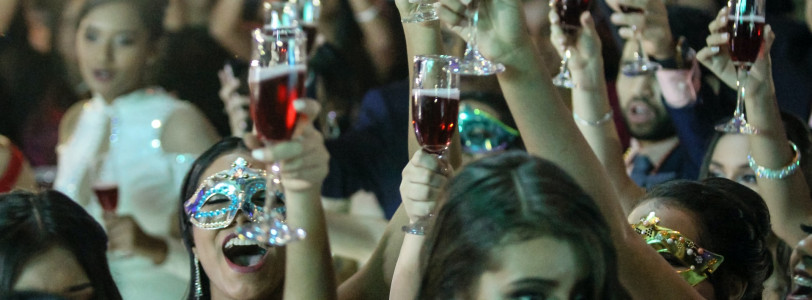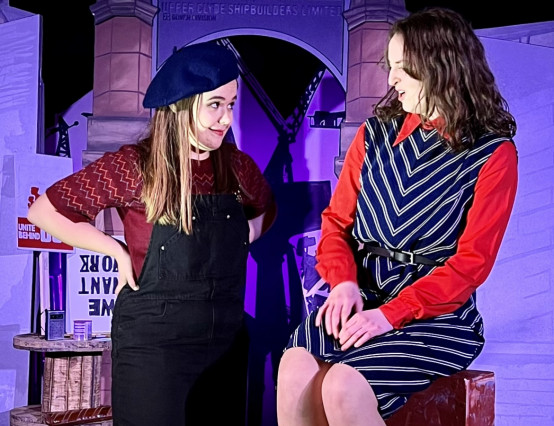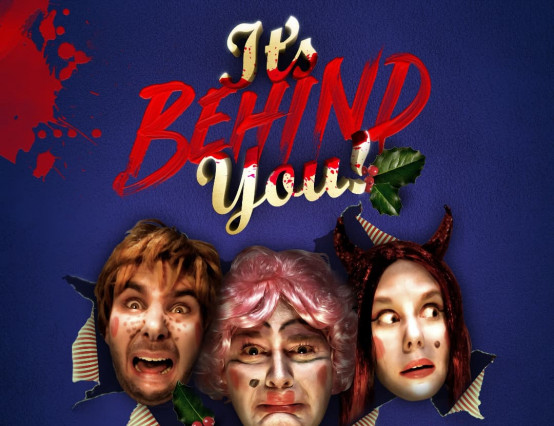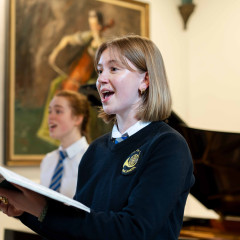When you first go to university and every marketing technique is being thrown at you to sell the experience as the most enjoyable of your life, joining a society is packaged as an essential student-y thing to do. There is typically a society fair in Freshers Week that showcases all of the societies and their members standing behind stalls, luring naive freshers in with free sweets and the promise of quick friendships.
There are several directions that students can take from this point. High off the buzz of it all, they can sign up to a ridiculous number of societies and spend all their food money on joining fees before attending none of them. Some students strike gold and immediately find a society that they enjoy with a group of people they get along with. Or, like me, some try a couple of carefully picked societies and find themselves feeling unwelcome and uncomfortable.
After attending my university’s fair, the first society I tried was Quidditch. Admittedly, this was probably not the best choice, but I was curious to see how it all worked. After standing in a muddy field in the freezing cold and realising it was like rugby with wooden sticks in between players’ legs, I quickly opted out.
Undeterred, the second society I tried was the university’s online magazine, which turned out to be a mixed bag. Over the course of a year, I got several articles published which I was happy about, but I hadn’t bargained for the cliquey politics of the editorial friendship group that ran the society. When the time came for committee elections, they all voted for each other and gave no one else the chance to join the committee, which is a useful thing for students to put on their CVs. During pitch meetings, the editor and assistant editor only chatted to each other, giving no one else the chance to talk about their article ideas. When you join a society like the university magazine, it’s for developing skills and gaining experience, but this was hindered for me by the students who were in charge. The magazine website ended up being taken down, which sums up my experience there.
Finally, I tried something different and went to the trials for the Swimming Society. The ad in their Facebook group said swimmers of all abilities were welcome and that it was set up to be informal, not competitive like other university sports teams. I had high hopes for this, as I love swimming and joining meant I would be able to get some exercise a few times a week. When I got there, they split everyone up into three lanes: fast, medium and slow. Not being Michael Phelps, I ended up in the slow lane, before the head of the society told me I was too slow to join. The decision was taken out of my hands and this was the last society I tried at university.
While these experiences mostly just amounted to disappointment for me, in a few rare cases, university societies can be deeply toxic and dangerous. In 2016, 20-year-old student Ed Gamble at Newcastle University died from cardiac arrest after binge-drinking during a pub-crawl initiation for the Agricultural Society. This is a sad example of what can happen when universities let societies run rampant with no moderation. In 2019, Universities UK released a briefing on actions and recommendations for universities to take against the practice of initiations, but there was little mention of the social structures and peer pressure within university societies that engenders such toxicity.
I want to emphasise that I am aware of the various benefits of joining a society at uni, and this was proved to me by my housemates, one of whom was on the committee for the creative writing society and the other for the climbing society. They both loved their society’s social events and made great friends. Their positive experiences are what universities sell to freshers. It can be instrumental for students to do extracurricular activities and socialise outside of their courses, which can get overwhelming and confining.
However, I would like to see an overhaul in how societies function at universities. While there is no quick fix-all solution, every member of a committee should undergo training with their student union to ensure that they know how to welcome newcomers and establish a safe space for members to go to. As well as this, socials shouldn’t just revolve around going to the pub and getting hammered, because not everyone wants to do that. And subject societies shouldn’t be a thing, because let’s face it, they’re pointless. You already see your coursemates all the time, so a society built around your course doesn’t provide anything new (and these are the worst offenders for unimaginative drinking socials).
If you’re headed to university in September and are considering what societies to join, my advice would be this: try a wide range, but don’t spend all your money on joining fees. If you feel unhappy in a society, you are not obligated to stay. And if you decide not to join any societies at all throughout your time as a uni student, you’re not alone and your university experience isn’t the lesser for it.










This is very well said, I never felt comfortable with any of the society stuff at uni, it's so much pressure and in my view just not necessary - there are so many different ways to socialise when you're new to a place!